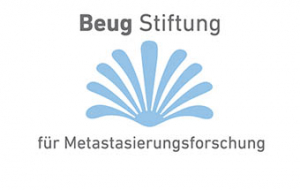Ilaria Elia: Katholieke Universiteit, Leuven, Belgium
Project 2023
Spatial mapping of metabolic drivers of T cell exhaustion in metastatic melanoma
Metastatic melanoma represents a deadly disease with a 10-year survival rate of less than 10%. Immunotherapy is the standard of care for metastatic melanoma, but its success is limited as many patients fail to respond or present different sensitivities between primary tumors and metastasis. This suggests that there may be metastasis-specific mechanisms that locally inhibit CD8+ T cells, leading to exhaustion and loss of anti-cancer function. One of these mechanisms is metabolism. Therefore, this project aims to examine how the metabolic environment of melanoma metastases locally impacts T cell exhaustion. Our initial findings confirm that specific metabolic rewiring occurs under nutrient conditions resembling lung metastasis and that metabolic reprogramming can reverse T cell exhaustion. However, CD8+ T cells’ metabolic demands rely on the distinct inter- and intra-tumor metabolic environments. For this reason, we will utilize imaging spatial metabolomics to profile the metabolic vulnerabilities of exhausted CD8+ T cells in relation to defined metastatic sub-niches. Next, we will enhance CD8+ T cell metabolic fitness, followed by validating the findings in mouse models. Our final goal is to develop strategies for reversing T cell exhaustion and improving the efficacy of immunotherapy for treating metastatic cancer.

